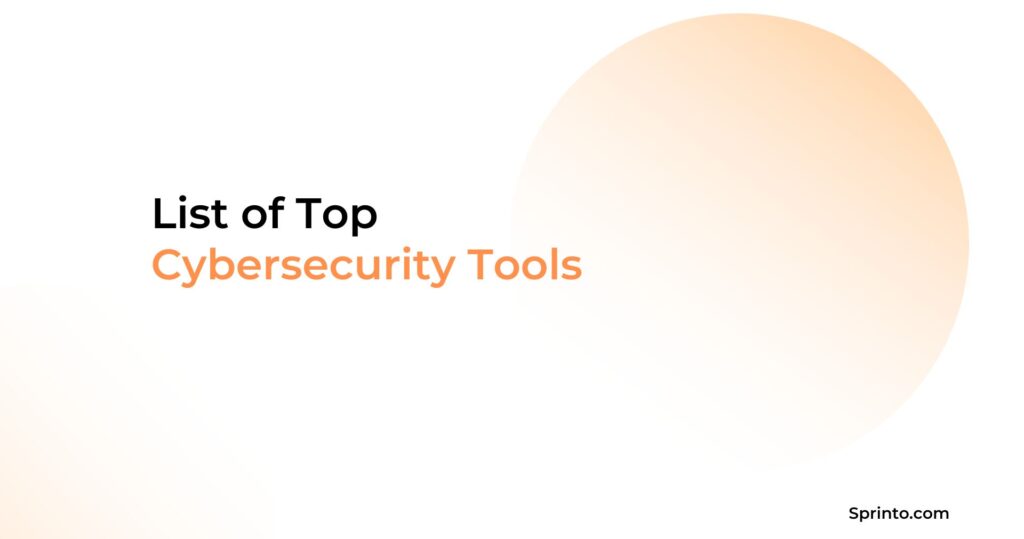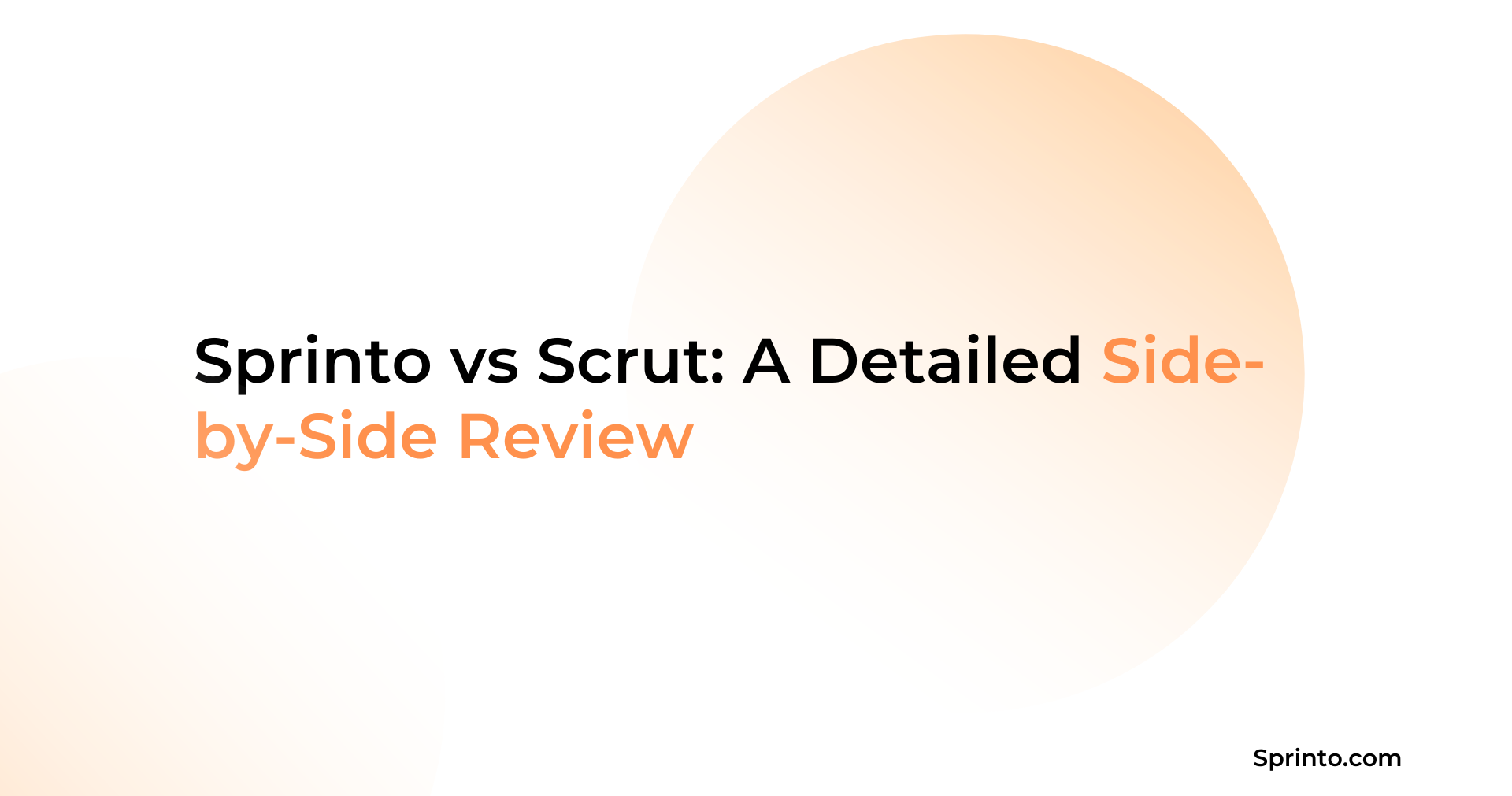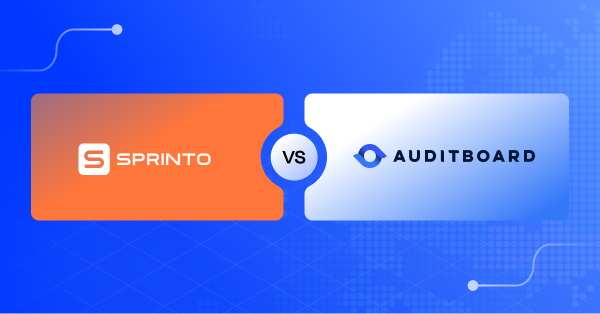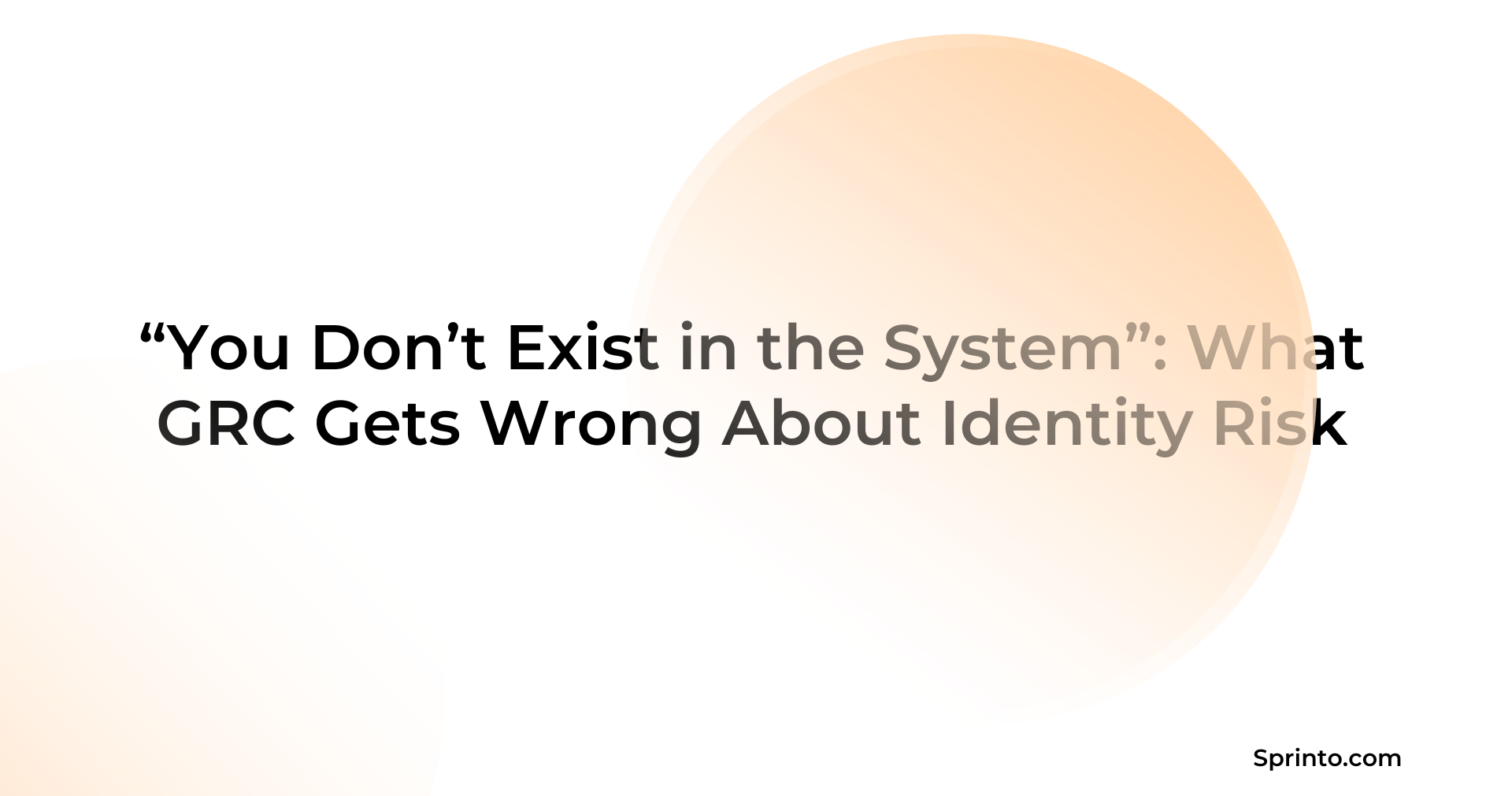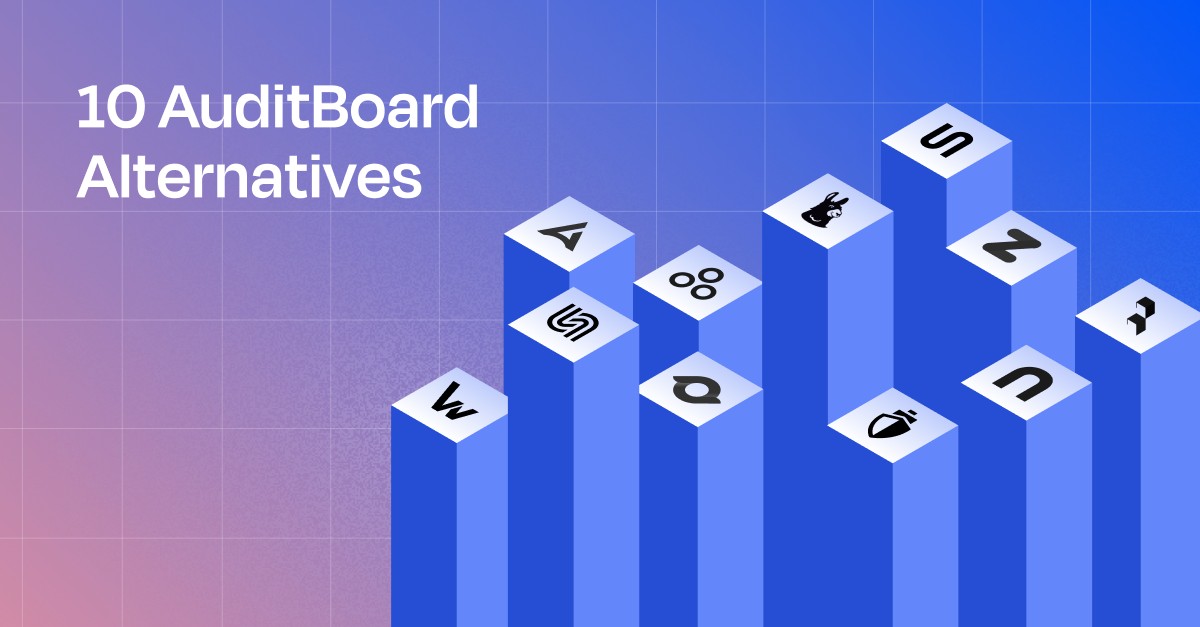9 Best Cloud Compliance Tools to Consider
Meeba Gracy
Jan 02, 2025
Congratulations on getting here. I’m talking about your evaluation journey for cloud compliance tools. It means your company has reached a scale where managing compliance with legacy practices and in-house systems is a headache.
So, a pat on your back for scaling to where you are and having a healthy headache to solve for.
There are 3 key reasons why you’ve made the right call to start considering cloud compliance tools:
- Security and compliance are huge blockers in cracking enterprise deals. For your ACV (Annual Contract Value) to increase, you need active compliance tracking and management protocols that can be accessed on cue.
- Your developers deserve to start indulging themselves in doing what they do best — build memorable products. Managing and automating compliance with a tool can be the difference between delighting customers by shipping at Mach 3 and being just another dev team that ships features on a need-to-basis as they are struggling with admin tasks.
- Auditing costs a lot of money. Especially when your auditors don’t have access to a system that expedites their manual hours. Cloud compliance tools can automate the vital moving parts of fetching and attesting security data.
Our in-house security experts have helped me compile a list of 9 finest cloud compliance tools that should be on your radar — assisted by thoroughly examining their key features, pros, and cons.
| TL; DR |
| Cloud Compliance Tools: Cloud compliance tools refer to software designed to maintain regulatory compliance efforts for applications hosted on the cloud. |
| Best Cloud Compliance Tools in 2025: Sprinto, Drata, Vanta, Scrut, Lacework, CrowdStrike, Orca, Thoropass and Trend Micro. |
| Why Cloud Compliance Tools: Cloud compliance software is designed to help businesses meet regulatory requirements and ensure data security in their cloud environments. |
Cloud compliance, as it stands today
At present, a staggering 93 percent of leading enterprises across various industries are concerned about the risk of a massive data breach in their cloud environment.
This is because security is a major concern in cloud computing, similar to other technology areas. One key issue with fully manual compliance management is that security data is either siloed or scattered, which adds to the risks and hassles during implementation or management.
Major concerns regarding cyber threats include compromised credentials, human error, and massive sensitive data breaches.
How can your company address these issues if you are already using the cloud to store sensitive information? By investing in the right cloud compliance tools!
Top 9 Cloud Compliance Tools in 2025
Here is a list of cloud compliance tools you should spend time on and work out what’s best for your compliance needs:
1. Sprinto
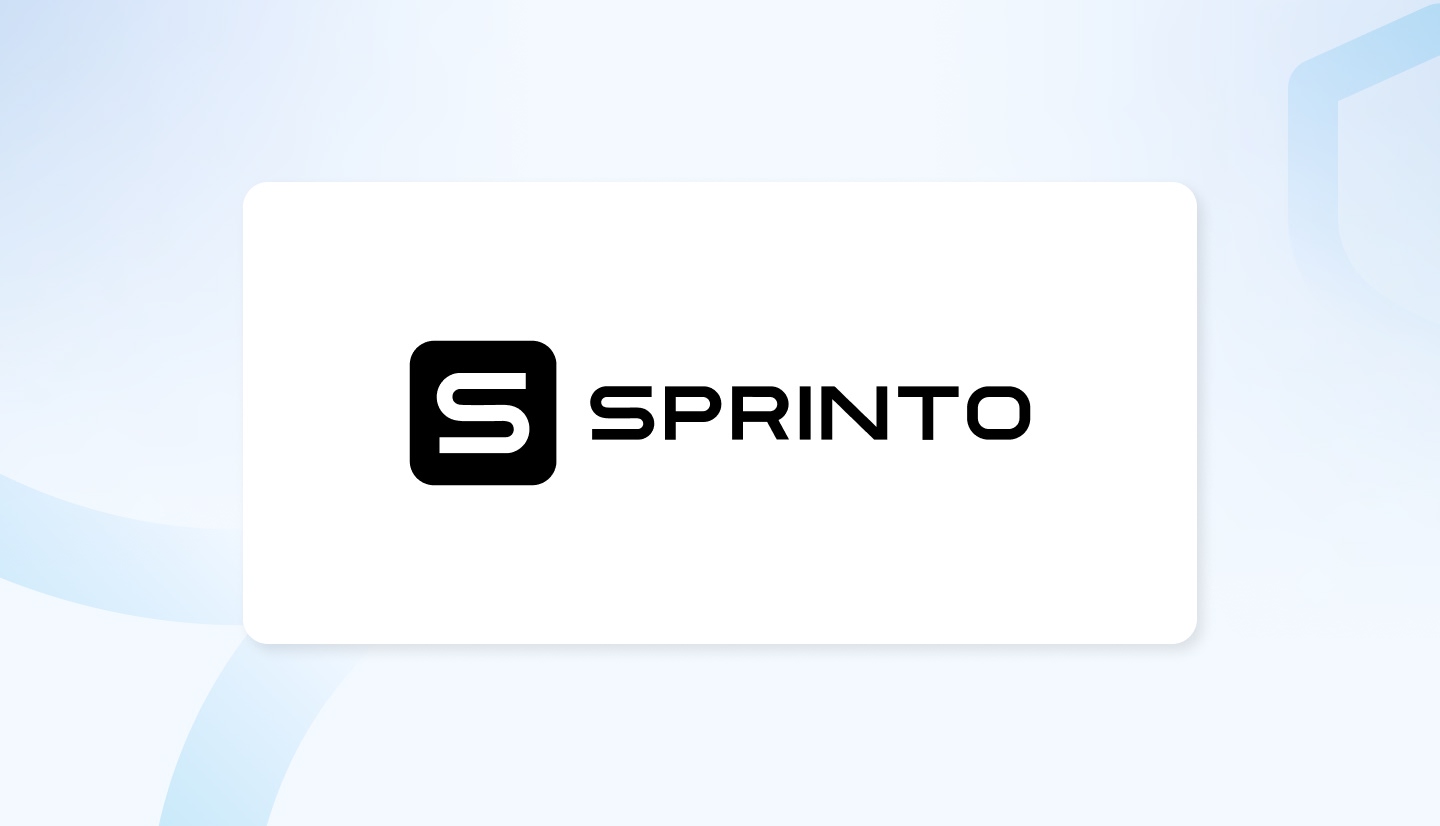
Sprinto is a cloud compliance solution purpose-built for fast-growing growing companies. With a unified dashboard to manage risks at an entity-level, Sprinto can help any cloud setup achieve compliance 10 times faster.
When you centralize your security management with continuous monitoring, Sprinto ensures that you are compliance-ready for big deals.
Apart from being recognized as a leader in security compliance, Sprinto is also rated #1 in user adoption, ROI, usability, and ease of implementation. Now, this definitely sets the bar higher!
| Key Features | |
| Rapid certifications | |
| Powerful automation capabilities | |
| Integrates with any cloud setup | |
| Audit aligned | |
| Continuous monitoring | |
| Expert support | |
| Monitors entity-level risks in real time | |
| Implement security controls from a single dashboard | |
| Pros | Cons |
| Shareable security posture lets you showcase your security certifications anytime, anywhere | Implementation timelines may vary and could extend beyond initial expectations. |
| Continuous control monitoring keeps you updated on your security controls 24/7 | |
| Expert-led implementation and management are handled by Dr. Sprinto MDM | |
| Integrate with over 100 other platforms and tools | |
G2 Rating: 4.8/5
Number of reviews: 946 reviews (as of the article’s publishing date)
2. Drata
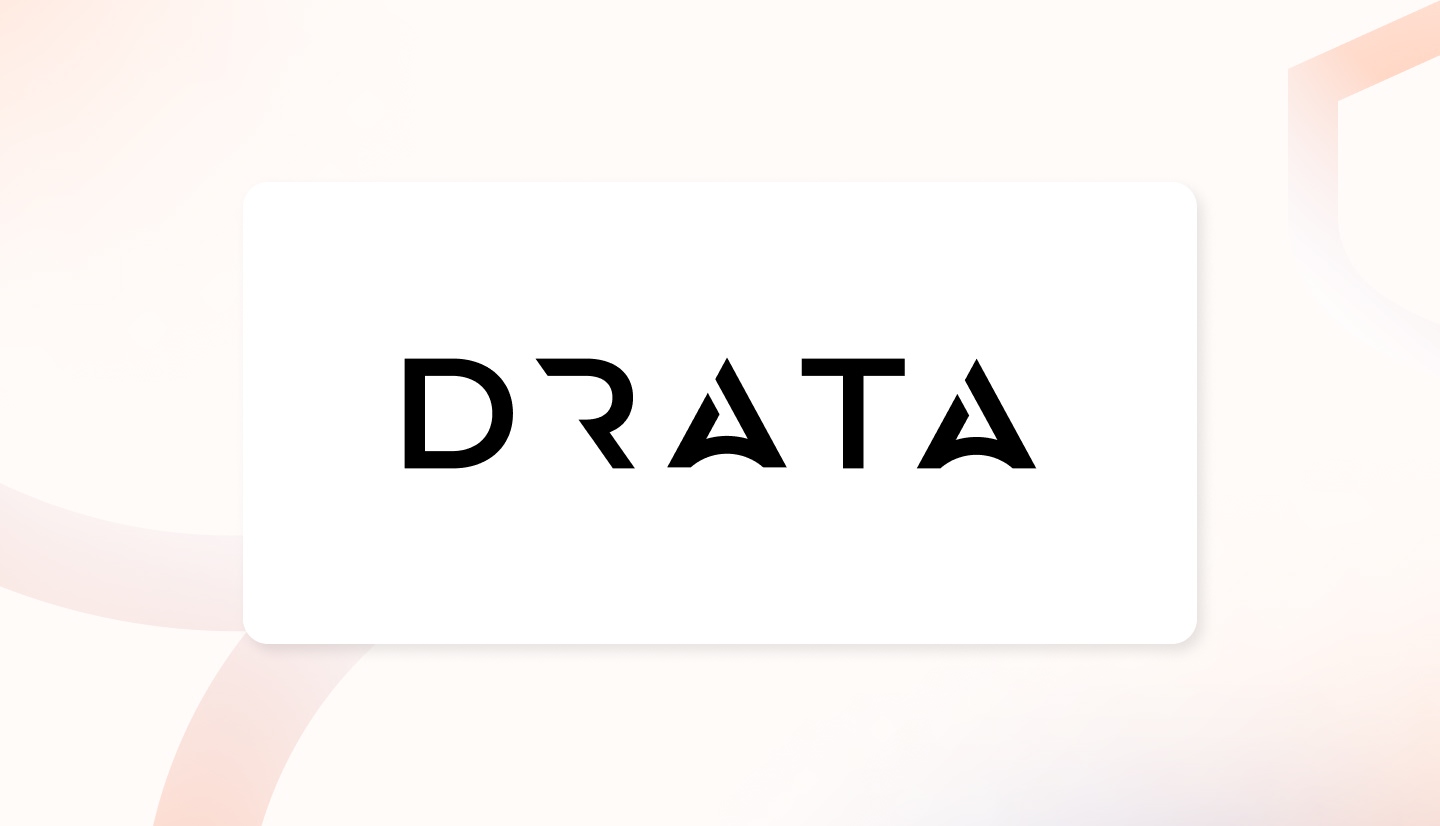
Drata is a compliance and security automation tool that streamlines security compliance processes by monitoring the cloud environments of businesses to gather control evidence. Infosec teams find it very efficient for streamlining compliance workflows across multiple security frameworks.
Drata is primarily a good fit for large enterprises and high-growth companies to speed up their existing compliance processes. But for new business, the value prop might seem excessive and costly.
| Key Features | |
| Compliance monitoring | |
| Anomaly detection | |
| Cloud gap analytics | |
| Auditing | |
| Policy enforcement | |
| Sensitive data compliance | |
| Monitoring and alerts | |
| Centralized vendor catalog | |
| Workflow management | |
| Pros | Cons |
| Quickly achieve continuous compliance with Drata’s pre-built frameworks. | Support is more reactive than proactive. |
| Automate compliance with over 20 supported frameworks. | No tiered escalation for critical and failing control checks. |
| The platform is organized logically and pragmatically to guide your compliance journey. | Drata’s dashboard doesn’t display all non-monitored controls. |
| There’s an AI chatbot familiar with their knowledge base to assist you | Heavily relies on third-party tools, leading to extra software costs for compliance. |
G2 Rating: 4.8/5
Number of reviews: 751 reviews
3. Vanta
Vanta provides a fast and seamless solution for companies getting started with compliance, security, and trust. Compared to Drata, Vanta is a more simple yet more robust solution for companies that don’t have too many established compliance processes. It offers security and privacy frameworks like SOC 2, ISO 27001, HIPAA, and more.
With Vanta, you can swiftly obtain necessary compliance reports, streamline compliance processes, mitigate business risks, and establish strong trust with your external stakeholders.
| Key Features | |
| Compliance monitoring | |
| Anomaly detection | |
| Cloud gap analytics | |
| Sensitive data compliance | |
| Policy enforcement | |
| Sensitive data compliance | |
| Centralized vendor catalog | |
| Policy enforcement | |
| User access control | |
| Audit reports | |
| Monitoring and alerts | |
| Pros | Cons |
| Very user-friendly solution. | It is very expensive vs. the features being provided |
| Easy integration with AWS and the number of system integrations for access tracking is increasing quickly | The support team operates only during US working hours |
| You can implement multiple frameworks for various standards and compliance certifications | Lack of hand-holding support during the implementation phase |
| The extensive library of SaaS product APIs will enable you to integrate live monitoring with compliance dashboards. | No audit dashboard is available to present evidence to auditors |
G2 Rating: 4.6/5
Number of reviews: 1,097 reviews
4. Scrut Automation
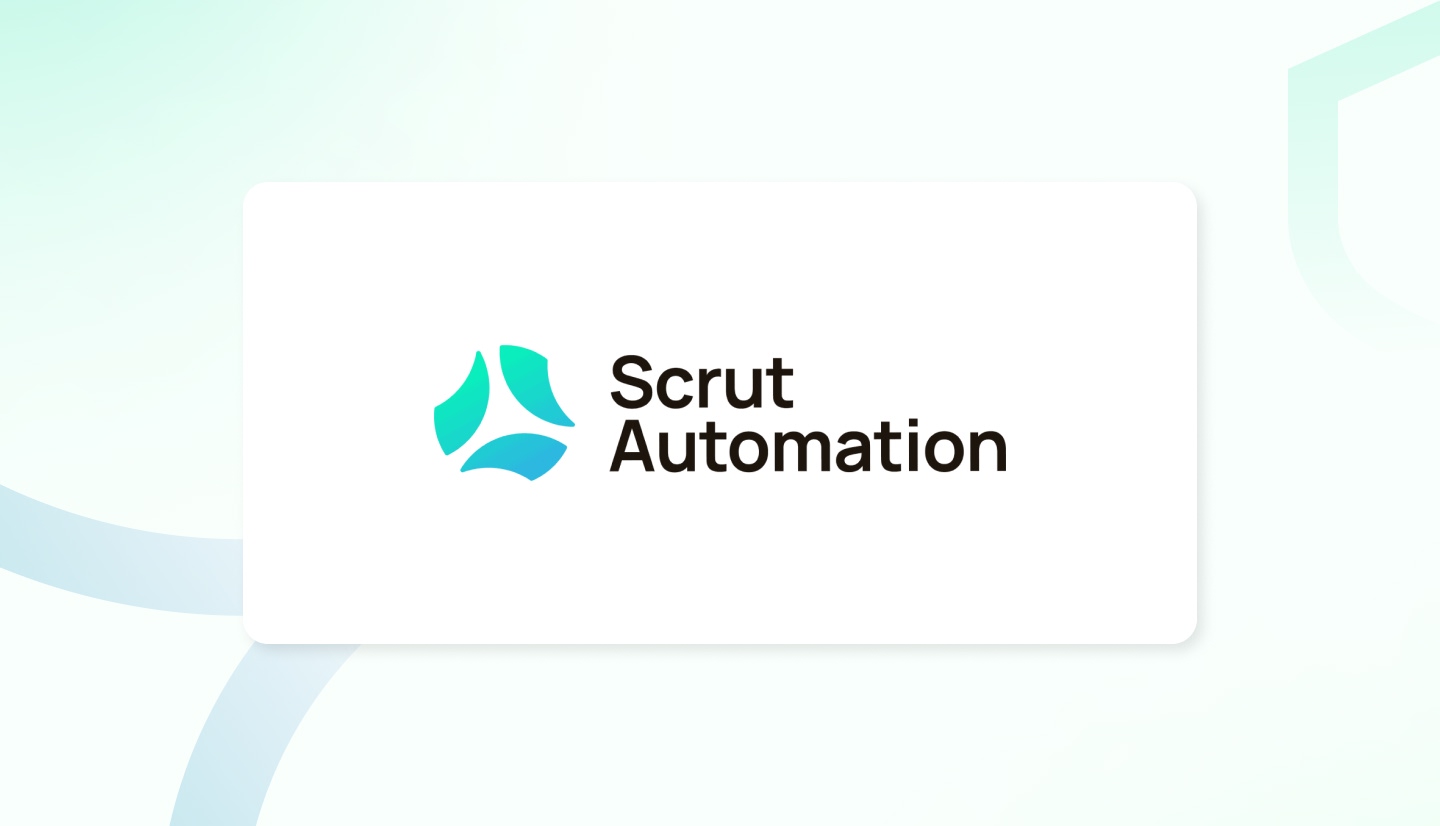
Scrut Automation simplifies compliance by offering everything you need in one place. It’s an automation platform that continuously monitors your organization’s compliance controls, collecting evidence around the clock to ensure you’re always audit-ready.
Scrut streamlines compliance by automatically mapping evidence to relevant clauses across various standards, cutting down on redundant tasks and saving you both money and time.
| Key Features | |
| Compliance monitoring | |
| Hardware Asset Inventory | |
| Data Loss Prevention | |
| Workflow Management | |
| Auditing and policy enforcement | |
| Adaptive Access Control | |
| Questionnaire Templates | |
| Risk scoring | |
| Pros | Cons |
| Great partner at a great price | Some glitches in the platform, though swiftly resolved by support |
| Easy to use | Lack of clarity in the UI, especially for those unfamiliar with automation platforms |
| Effective integration capabilities with various cloud services | Templates could be standardized for better usability |
| Comprehensive compliance tracking and task management | Slow performance at times, particularly with loading |
| Simplified compliance management with clear visibility of tasks and compliance policies | |
| Proactive customer support for effective platform utilization | |
G2 Rating: 4.9/5
Number of reviews: 866 reviews
5. Lacework
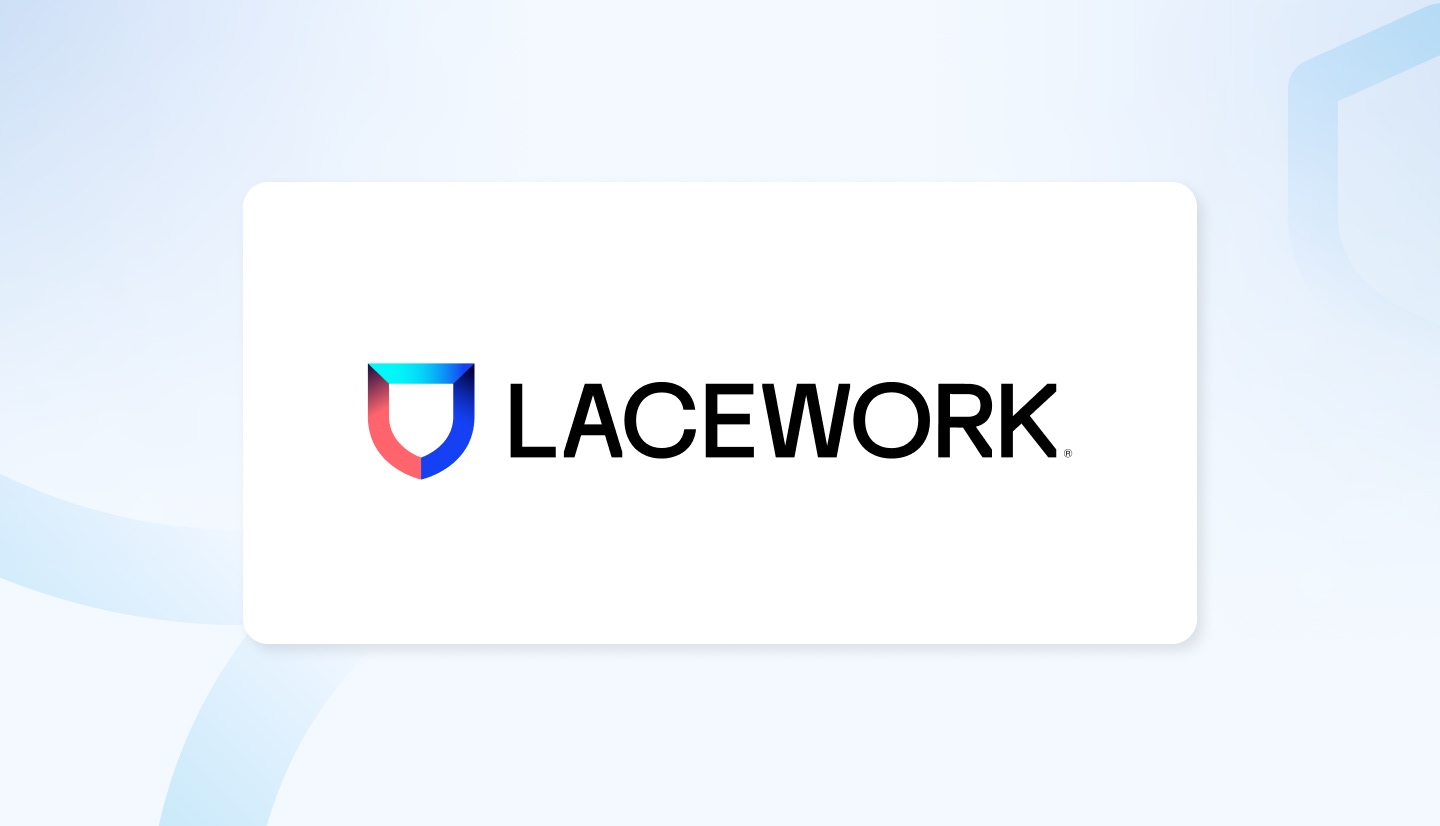
Lacework is a complete solution tailored for cloud setups. With a range of features, it gives you ongoing and unmatched visibility, detects threats, and takes proactive security actions for your cloud system.
Using patented behavioral analytics, Lacework identifies behaviors to uncover unknown threats by detecting new activities and changes.
| Key Features | |
| Risk scoring | |
| Security auditing | |
| Policy enforcement | |
| Security integration | |
| Anomaly detection | |
| Compliance Monitoring | |
| Multi-cloud visibility | |
| Data governance | |
| Pros | Cons |
| Provides good coverage of your cloud security needs with end-to-end protection | Alerts may be less effective or prone to false positives |
| It’s efficient in analyzing and uncovering unusual activity, saving you time in threat detection and analysis | |
| Simplifies your security management tasks | |
| Offers features like alerting and Cloud Security Posture Management | |
| Detects potential security threats promptly with real-time monitoring | |
G2 Rating: 4.4/5
Number of reviews: 368 reviews
6. CrowdStrike Falcon Cloud Security
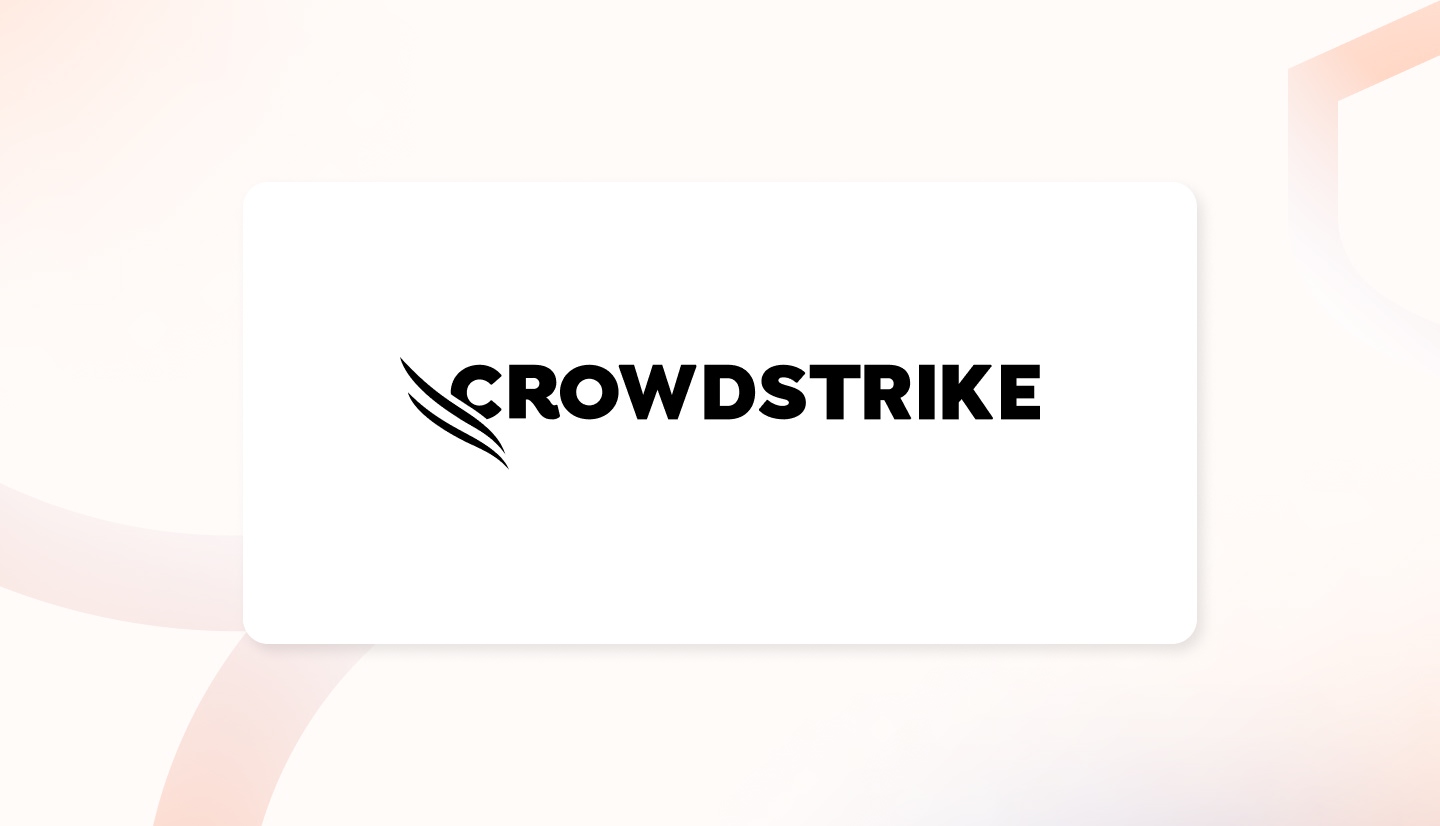
CrowdStrike Falcon Cloud Security offers a comprehensive perspective of your cloud security across various multi-cloud setups. Continuous, agentless discovery visualizes your cloud-native assets, providing critical context for rapid decision-making.
Falcon Cloud Security monitors your cloud resources, identifying misconfigurations, vulnerabilities, and potential attacks. Its guided remediation swiftly addresses security risks and equips developers with the tools to prevent costly errors.
| Key Features | |
| Compliance Monitoring | |
| Cloud detection and response with elite threat intelligence | |
| Offers AI-driven vulnerability management | |
| Risk analysis | |
| Data loss prevention | |
| Multi-cloud visibility | |
| Security integration | |
| Database monitoring | |
| Pros | Cons |
| It is part of a product suite, allowing integration with additional products to address broader business needs. | Data storage costs are high, making it expensive for small businesses |
| Indicators of Attack (IOAs) enable rapid response to stop cloud breaches. | Tendency to produce false positive alerts, needing fine-tuning |
| Guided remediation quickly resolves security risks and provides developers with guardrails to avoid costly mistakes. | Logs are stored for a short time, necessitating external storage solutions. |
| Highly effective in blocking threats, malicious executions, and command and control (C&C) connections. | Customer support can be slow and require multiple connections to resolve issues |
| API Capabilities facilitate integration with other security tools, reducing manual efforts. | |
G2 Rating: 4.6/5
Number of reviews: 65 reviews
7. Orca Security
Orca Security provides security and compliance for AWS, Azure, GCP, and Kubernetes without the gaps, alert fatigue, and operational costs associated with agents or sidecars.
It creates a comprehensive graph of all cloud assets, software, connectivity, and trust, then prioritizes risks based on the severity of security issues, their accessibility, and their business impact.
| Key Features | |
| Policy enforcement | |
| Anomaly detection | |
| Workflow management | |
| Cloud gap analytics | |
| Automated scans | |
| Compliance testing | |
| Detection rate | |
| Auditing | |
| Pros | Cons |
| Provides a 360-degree visibility into your cloud workloads’ security. | Adoption can be difficult for big companies who are used to their own tools. |
| You get clear and actionable findings with detailed remediation instructions. | Lack of relevant information and time-series graphs on the dashboard. |
| Very quick in discovering a wide variety of assets and modeling their interrelationships. | Price may be prohibitive for small companies. |
| Well-documented and easy to configure. | |
| Easy integration with cloud environments. | |
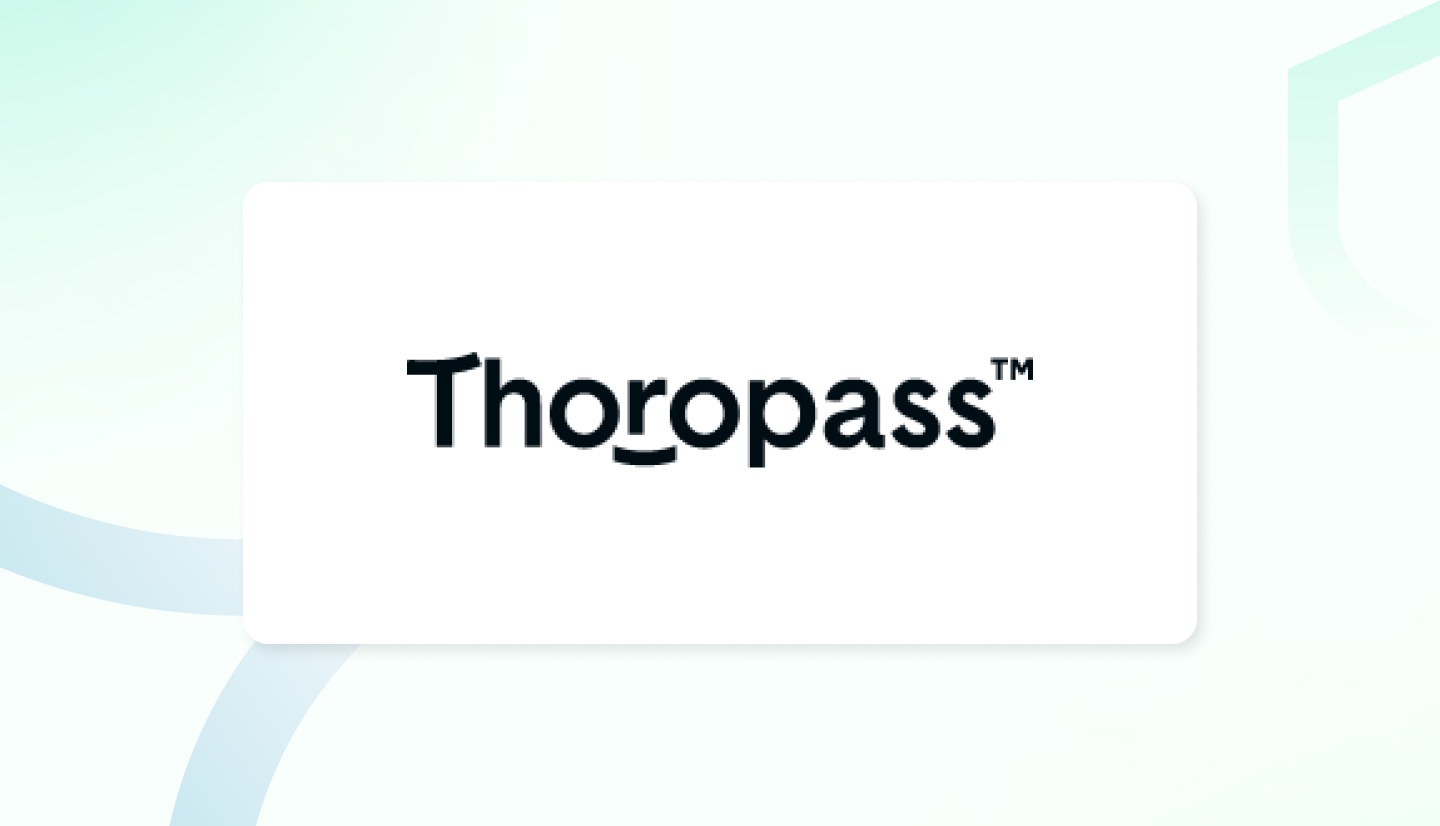
Thoropass is a compliance management solution that helps businesses like yours to simplify policy creation, handle security audits, and manage collaboration in the best possible way. When you partner with Thoropass, you get maximum benefits in making your compliance process smooth and predictable so you can focus on what matters most to your business.
| Key Features | |
| Compliance monitoring | |
| Cloud gap analytics | |
| Data governance | |
| Workflow management | |
| Customized vendor pages | |
| Risk scoring | |
| Centralized vendor catalog | |
| Auditing | |
| Pros | Cons |
| The UI provides a clear overview of tasks, deadlines | The built-in document editor can be slow and unresponsive |
| Offers prebuilt templates and questionnaires | Lack of real-time visibility into audit status |
| They have a highly responsive and knowledgeable support team | Frequent updates to the platform can cause confusion |
| Provides timely reminders and notifications | Difficulty in finding previously submitted evidence after an audit period has concluded |
| Offers high-quality training modules | |
G2 Rating: 4.7/5
Number of reviews: 371 reviews
9. Trend Micro Hybrid Cloud Security
Trend Micro Cloud One streamlines cloud security for builders with a powerful platform crafted to safeguard your cloud infrastructure in the best possible way. It provides a wide array of security services in one solution, ensuring clarity and ease of use.
| Key Features | |
| Dashboards and reports | |
| Governance | |
| Data discovery | |
| Security auditing | |
| Sensitive data compliance | |
| Anomaly detection | |
| Automated scans | |
| Issue tracking | |
| Pros | Cons |
| Includes multi-layered security measures such as behavior monitoring, firewall, URL monitoring, and application control | Requires trained engineers for the initial setup and configuration |
| Integrates smoothly with third-party tools and DevOps processes | May face difficulties in integrating with some third-party tools |
| Provides real-time scans and alerts for vulnerabilities | Known to be resource-intensive, which might affect system performance and operational costs |
| Supports various cloud platforms and deployment models | Licensing costs can be higher compared to competitors |
| Offers a centralized platform for managing security across diverse environments | |
G2 rating: 4.5/5
Number of reviews:176 reviews
How to Choose a Cloud Compliance Tool for Your Org?
There are a lot of factors that can make a cloud compliance tool click for you. Functionalities, speed, UI, scalability, learning curve, centralization — and I’m only scratching the surface.
But compliance is a game of safety. It’s like choosing between going on a long motorcycle ride without additional safety gear. You might go unscathed most times, but one of those days, you realize you need to buckle up with the right gear and stop toeing the line.
I think of cloud compliance features in a similar way. They aren’t good-to-haves. They are bare-necessities that become the difference between a healthy audit and a compromised system.
Here are some non-negotiables that you need to keep your eyes peeled for:
- Active regulation monitoring: Keeps an eye on regulations like GDPR or HIPAA automatically, ensuring your business stays compliant without manual checks.
- Unified security management: Manages all your security rules and procedures in one place across your cloud setups, making sure everyone follows the same high standards.
- Automated activity logging: Tracks and logs every action and change in your cloud systems, so you have detailed records ready for audits to prove your compliance.
- Proactive risk analysis: Identifies and assesses any risks to your data or compliance status in your cloud setups, helping you fix issues before they become problems.
- 24×7 issue tracking: Constantly watches over your cloud apps and systems, spotting and dealing with any issues quickly to keep your compliance intact.
- Data safe: Safeguards sensitive data by encrypting it in your cloud storage, making it a black box for those not a part of managed access.
- Access control at a granular level: Controls who gets to see and change what in your cloud systems, ensuring only the right people have access and following the least privilege principle.
- Emergency response and dispatch: Responds automatically to any breaches or problems with your compliance, fixing issues fast and keeping your cloud-based systems secure.
- Tailored to speak to existing tech stack: Works smoothly with your existing IT tools and cloud platforms, making compliance management easier and more efficient.
- Eliminate periodic grunt work: Automates repetitive compliance tasks like enforcing internal policies and generating reports, saving time and ensuring everything gets done right.
- Contextual security statuses: Shows you clear, easy-to-understand graphs and stats about your compliance and security status, so you always know where you stand.
- Guided compliance prompts: Educate your compliance team about rules and best practices, making sure everyone understands their role in keeping your data safe and compliant.
Achieve Cloud Compliance With Sprinto
While many good options are available, it’s crucial to research and try out different products to find the one that best suits your cybersecurity needs.
Naturally, I’m going to be a little biased when I say you should definitely evaluate Sprinto. But I’ve got good reasons to back me up here. Our customers are hyper-vocal about the speed of implementation and ongoing account assistance.
We’re becoming an automatic choice right from fast-growing early-stage start-ups with minimal compliance exposure,, to market-leading enterprises with complex compliance setups.
Recognized as a a Leader by G2 in Security Compliance, Sprinto is particularly beneficial for Software-as-a-Service (SaaS) companies aiming to achieve certifications like SOC 2, GDPR, ISO 27001, and HIPAA.
Interested in learning more? Schedule a demo with Sprinto today!
FAQs
What is compliance risk in cloud computing?
Compliance risk is an organization’s potential exposure to legal penalties, material loss, and financial forfeiture resulting from compliance violations to abide by industry laws and compliance regulations, prescribed best practices, or internal security policies.
Why do we need cloud compliance?
Cloud compliance is needed to protect your company against a costly cloud security vulnerability that could result in a breach, making it a priority for you to understand and follow cloud compliance requirements.
How do compliance tools work?
Compliance tools typically integrate with your existing systems to monitor operations, identify compliance gaps, automate control checks, and generate reports.
What features should I look for in a compliance tool?
The features you need to look for are compliance controls, real-time monitoring, audit trail capabilities, reporting and analytics, integration with existing systems, and user-friendly interfaces.
What is compliance risk?
Compliance risk refers to the potential harm an organization might face if it fails to adhere to industry standards, laws, and regulations. This risk can result in legal penalties, financial loss, and reputational damage.


Use Sprinto to centralize security compliance management – so nothing
gets in the way of your moving up and winning big.








